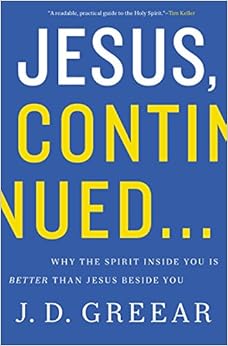According to the dustjacket, Philip Yancey is a successful Christian author. He has written 13 Gold Medallion Awards, won the ECPAs book of the year twice, and 4 of his books have sold over 1 million copies. I've had the pleasure of reading several of his books and his reputation is well earned. V
anishing Grace: What Ever Happened to the Good News (2014, Zondervan) is his latest offering.
In the introduction, Yancey pointed out that this is actually a volume of 4 mini-books around a central theme: a world athirst, grace dispensers, is it really good news?, and Faith and culture. In the first section, he explores questions about why evangelicals have increasingly been viewed with derision in society. It seems to me he rightly points out that too often Christians want to propose answers before listening for questions. He writes, "to communicate to post-Christians, I must first listen to their stories for clues to how they view the world and how they view people like me" (p. 21). He showed that Christians are viewed as judgmental, confusing, guilt dispensers and he calls us back to love, grace, and humility. People are thirsty. We must dispense living water.
In the second section he explores three specific groups whom he identifies as grace dispensers--pilgrims, activists, and artists--those he appears to identify as having the most potential impact upon secular culture. He calls us to walk with others on their journeys, to be agents of change in our culture, and to show the world the beauty of Christ through creative, artistic means.
In the third section, perhaps my favorite, Yancey explores the influences that Christians have had on human flourishing and the culture at large. As he notes, "the way of life set out in the Bible is intended for our own good" (p. 163). Christian missionaries have had a greater influence upon societies than anything. I appreciated Yancey's insight into the common rebuttal about European countries like Denmark where Christian commitment is low but society seems to work well. He writes, "to be fair, let's admit that the region was populated by warring and pillaging Vikings until the Christian gospel came along. The gospel transforms culture by permeating it like yeast, and long after the people abandon belief, the tend to live by habits of the soul. Once salted and yeasted, society is difficult to un-salt and un-yeast" (p. 169).
In the final section, Faith and Culture, he dives more deeply into how Christians may be involved in the surrounding culture. He offers suggestions about how Christians may engage with politics and other cultural influences. In the final chapter, Holy Subversion, he revisits the concepts of pilgrim, activist, and artist.
I really liked this book. As a certified Centurion, I frequently enjoy books about how we can influence the culture around us and this book is no different. As I read, there were whispers of Abraham Kuyper, Francis Schaeffer, and Chuck Colson and reflections of books from the Centurion program including Glenn Sunshine's
Why You Think the Way You Do, Neal Plantinga's
Not the Way Things Are Supposed to Be, Rodney Stark's
The Victory of Reason, and most notably Colson's
How Now Shall We Live? Yet, for those familiar with these authors, Yancey approaches these issues from a different vantage. It is as though he is looking at the same issues, twenty degrees to the left.
In sum, I would happily recommend this book. Yancey is an engaging, thoughtful writer and consistent with his typical style, he winsomely takes on issues that matter.
I received a complementary copy of this book free from the Book Look Bloggers program and Zondervan publishers. I was not required to write a positive review of this book.



